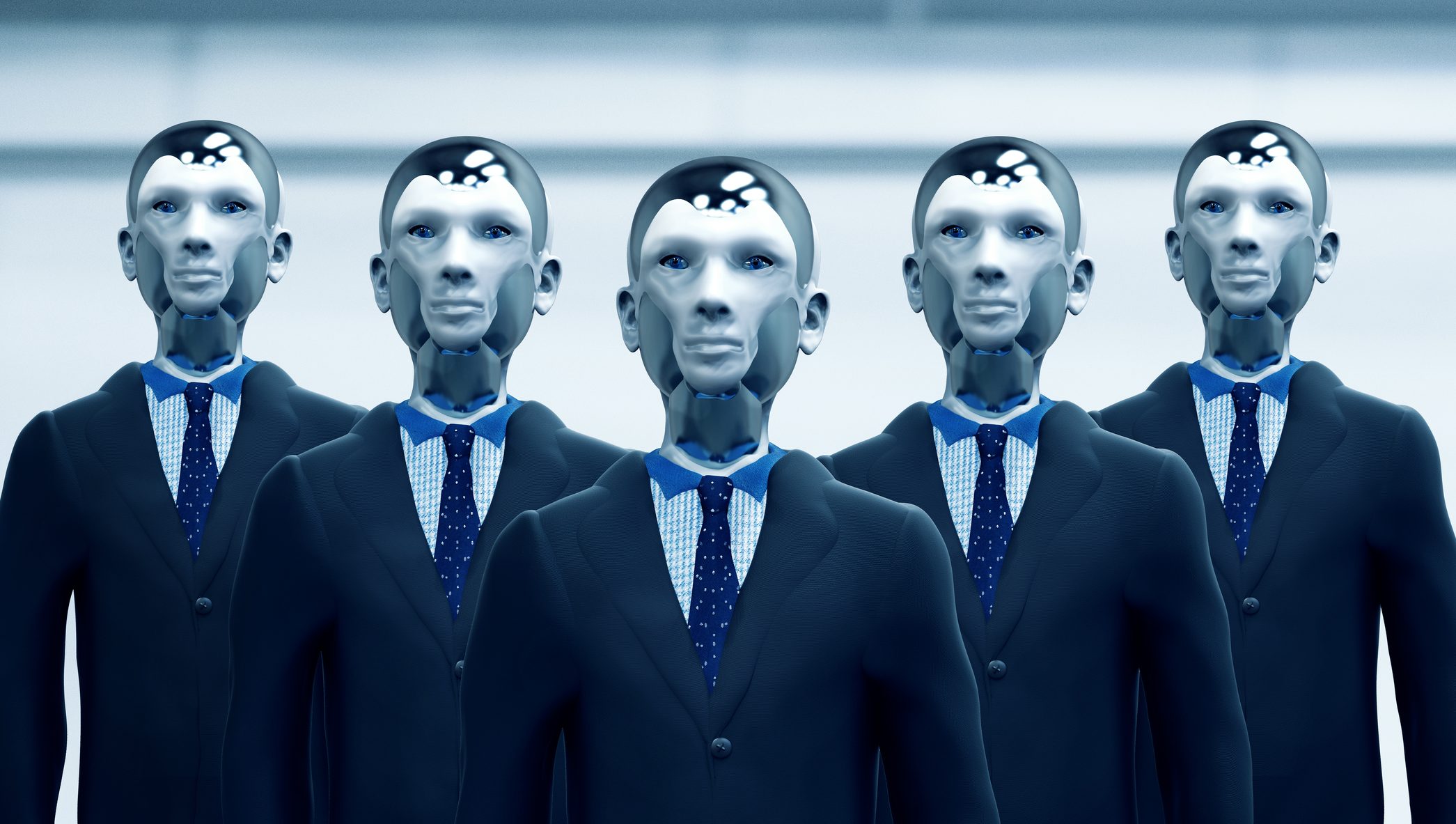If you think all robots are impartial and nonjudgmental, think again. A new study published in Scientific Reports finds that they could possibly be racist and sexist just like humans.
Using thousands of simulations, a group of artificial intelligence experts from Cardiff University and MIT examined how robots identified each other. They determined that virtual simulated robots formed their own groups and ostracized others.
One experiment put the robots in a “give and take” virtual game in which they could choose other robots to donate to. The robots helped themselves by mimicking other robots and learning new donation strategies.
The study found robots donated to each other in small groups while shunning outsiders in order to benefit themselves.
“By running these simulations thousands and thousands of times over, we begin to get an understanding of how prejudice evolves and the conditions that promote or impede it,” co-author Professor Roger Whitaker, of Cardiff University, explained. “Our simulations show that prejudice is a powerful force of nature and through evolution, it can easily become incentivized in virtual populations, to the detriment of wider connectivity with others.”
What’s interesting is that the robots formed “prejudicial groups” that unintentionally caused outsider robots to create their own competing groups, which resulted in a “fractured population.” Whitaker explained that this type of “widespread prejudice is hard to reverse.”
It’s worth noting that it didn’t take much mental effort to form these prejudicial behaviours. The robots simply copied others to succeed at the “give and take” game, which resulted in prejudicial actions.
Researchers believe robots in the real world could potentially mimic human prejudices such as racism and sexism.
“It is feasible that autonomous machines with the ability to identify with discrimination and copy others could in future be susceptible to prejudicial phenomena that we see in the human population,” Whitaker said. “Many of the AI developments that we are seeing involve autonomy and self-control, meaning that the behaviour of devices is also influenced by others around them.”
Late physicist Stephan Hawking and Tesla and SpaceX founder Elon Musk have stated that artificial intelligence could replace humans and be a risk to civilization as we know it.


